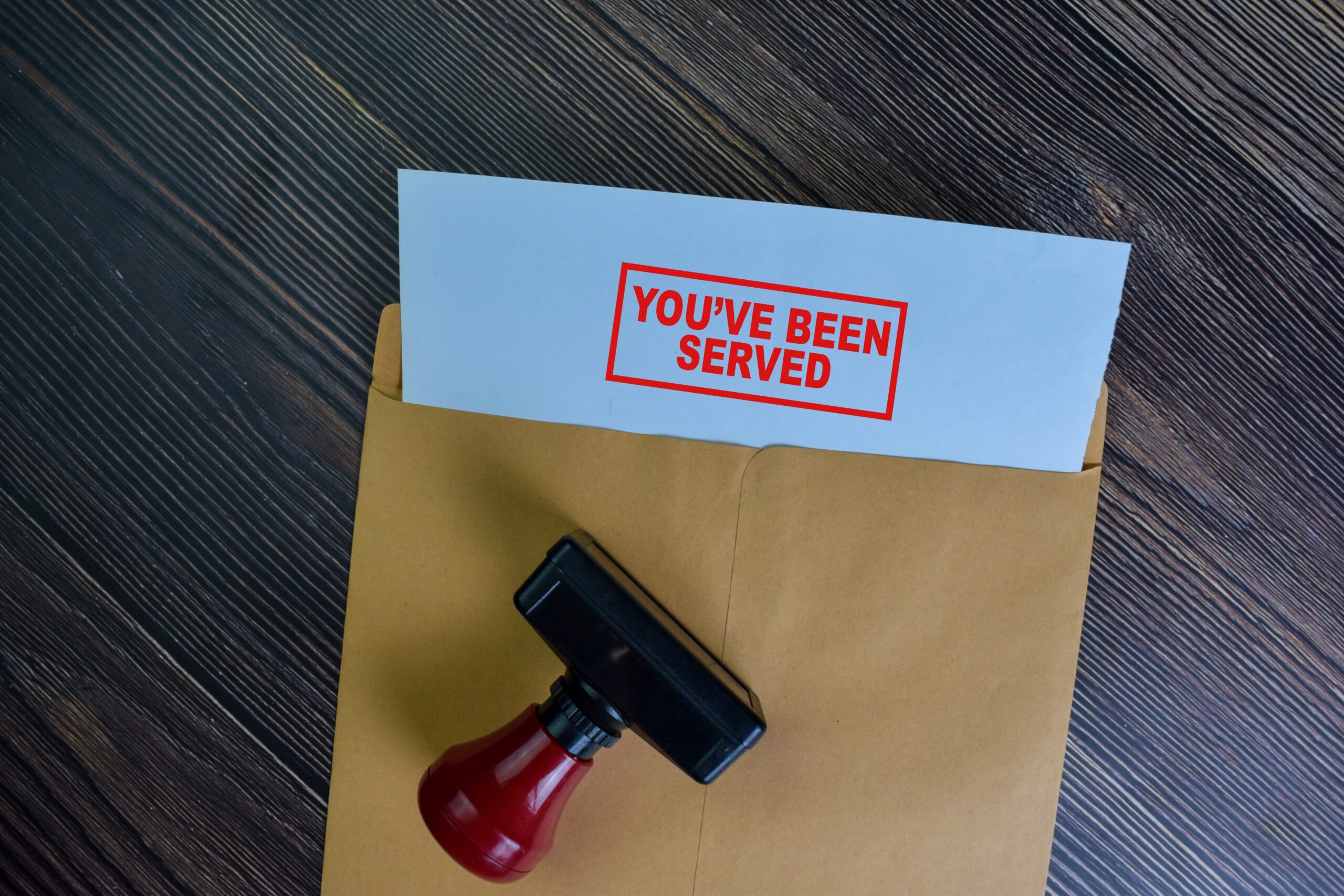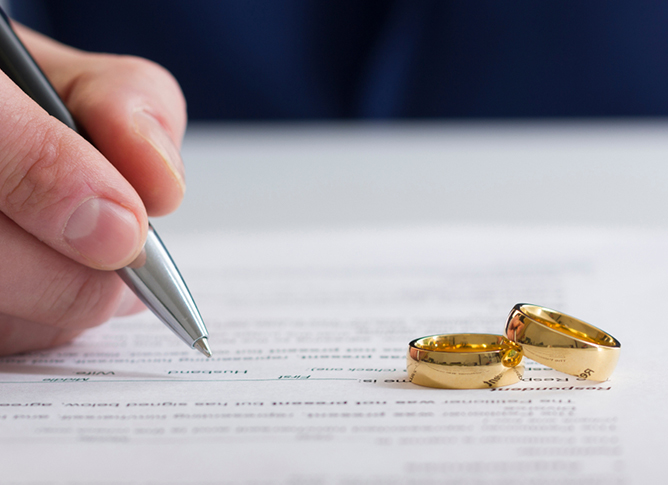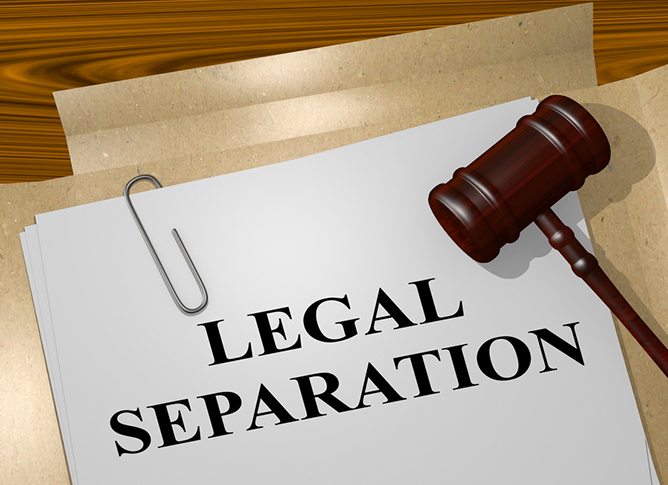A divorce is one of the most difficult challenges that many will face, particularly those acrimonious disputes that end up in court. After such a draining experience, many simply want to put it behind them and move on to the next chapter in their lives. Unfortunately, the same details of your personal life that were hashed over in front of a judge are now a matter of public record, this includes financial matters like the value of your estate, details of your private life at home and other details.
Without good cause for sealing them, your records will remain available to nosy neighbors, coworkers and even family members. They can find out a lot more information than many are even comfortable sharing with good friends.
Filing a divorce under seal
Keeping records public is often a good way to keep the courts accountable. However, a judge may also be open to allowing the suppression of information that could cause unnecessary harm to a family or business. If undue harm is determined, the case can only be accessed by the court and the parties involved.
Common reasons for sealing a divorce record
The circumstances of each case are unique, yet common examples include:
- Protecting the identity of a child
- Protecting the identity of a domestic abuse victim
- Protecting social security number and other sensitive personal information
- Protecting important details of about a business venture
- Protecting the personal and financial information of a public figure or person of high net worth
Tailoring a request to seal the records
Avoiding injury is an important part of the equation for sealing records, but the success of getting those records sealed is also based on drafting up specifics in regards to your case. The court will generally only seal as much information as will protect the interests in question. A narrowly defined request through redacting or sealing will often have a better chance of success than a blanket request with vague wording.
Related Posts

Tax Returns Amid Divorce: Should You File Jointly with Your Spouse or Not | Divorce Attorney Ventura

























